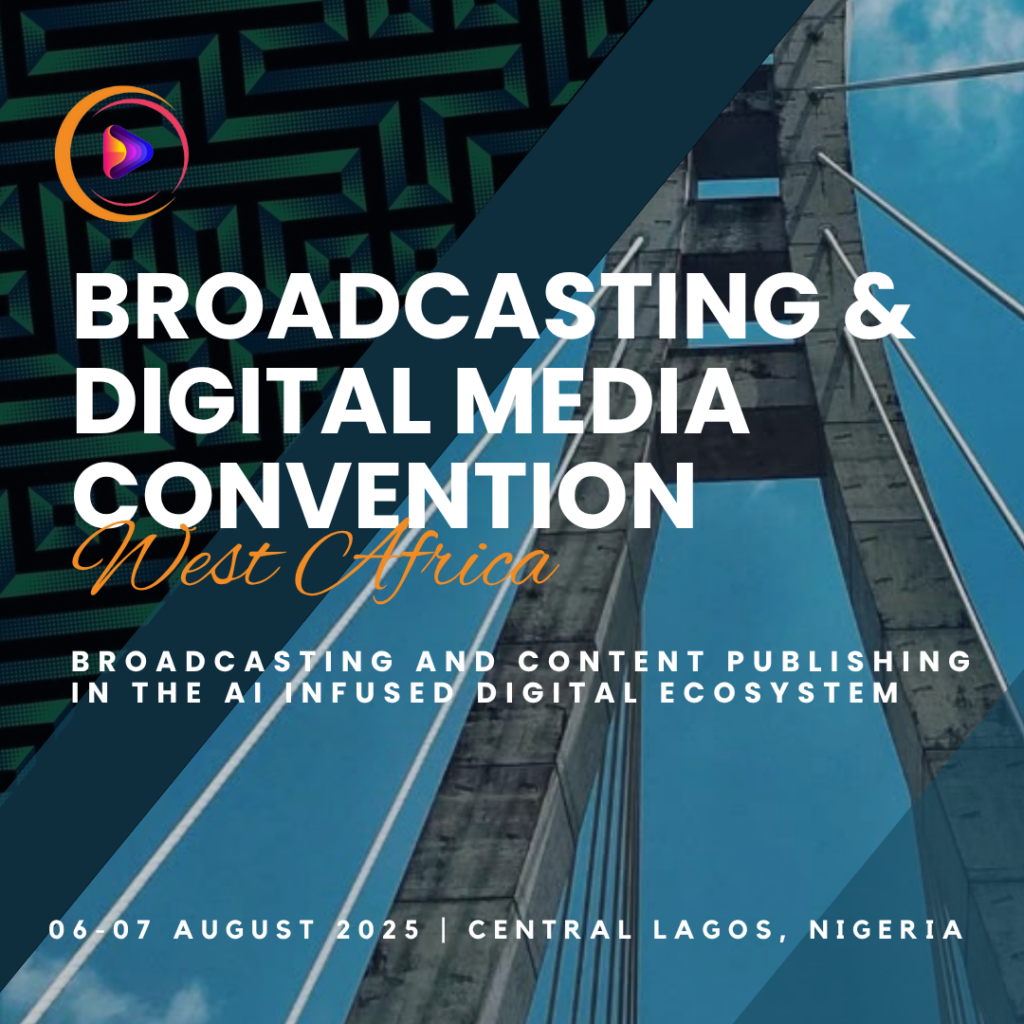
As the media landscape evolves, broadcasters and media players must stay current with shifting audience behaviours and technological advancements. Artificial Intelligence offers broadcasters new opportunities to innovate, expand their audience, and engage listeners in a more connected world.
Despite traditional media’s historical reach and penetration in Africa, many broadcasters face a rapidly changing landscape. Infrastructural limitations and a widening global digital skills gap exacerbate these issues.
Many broadcaster practitioners also lack qualified personnel capable of effectively rolling out and utilising AI tools, creating a knowledge gap that stifles innovation. There is also widespread reluctance to invest in new systems due to financial constraints and uncertainty regarding return on investment. To these is the challenge of re-creating legacy content for digital platforms, where listeners increasingly expect on-demand, interactive, and personalised experiences far beyond what conventional broadcast models were designed to deliver.
However, the AI-driven digital universe also reveals a range of revolutionary opportunities. AI solutions can revolutionise content delivery and creation for radio, from automating regular programming to smart content recommendations, real-time insights into listener behaviour, and streamlined production processes. Furthermore, AI is key to expanding reach through voice assistants, smart speakers, and digital platforms that natively work with mobile technologies — a key consideration for Africa’s mobile-first audience.
The Broadcasting and Digital Media Convention: West Africa 2025 is scheduled to take place on August 6-7, 2025, in Lagos, Nigeria, providing a much-needed platform for industry leaders to converge and address pressing infrastructure concerns, as well as explore viable solutions in the African context.


















